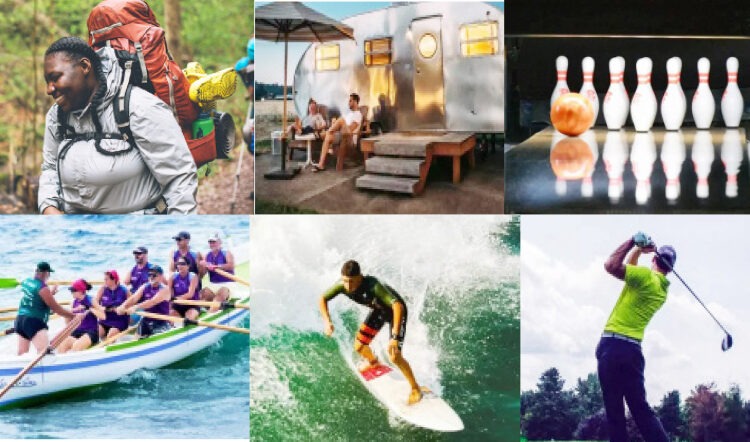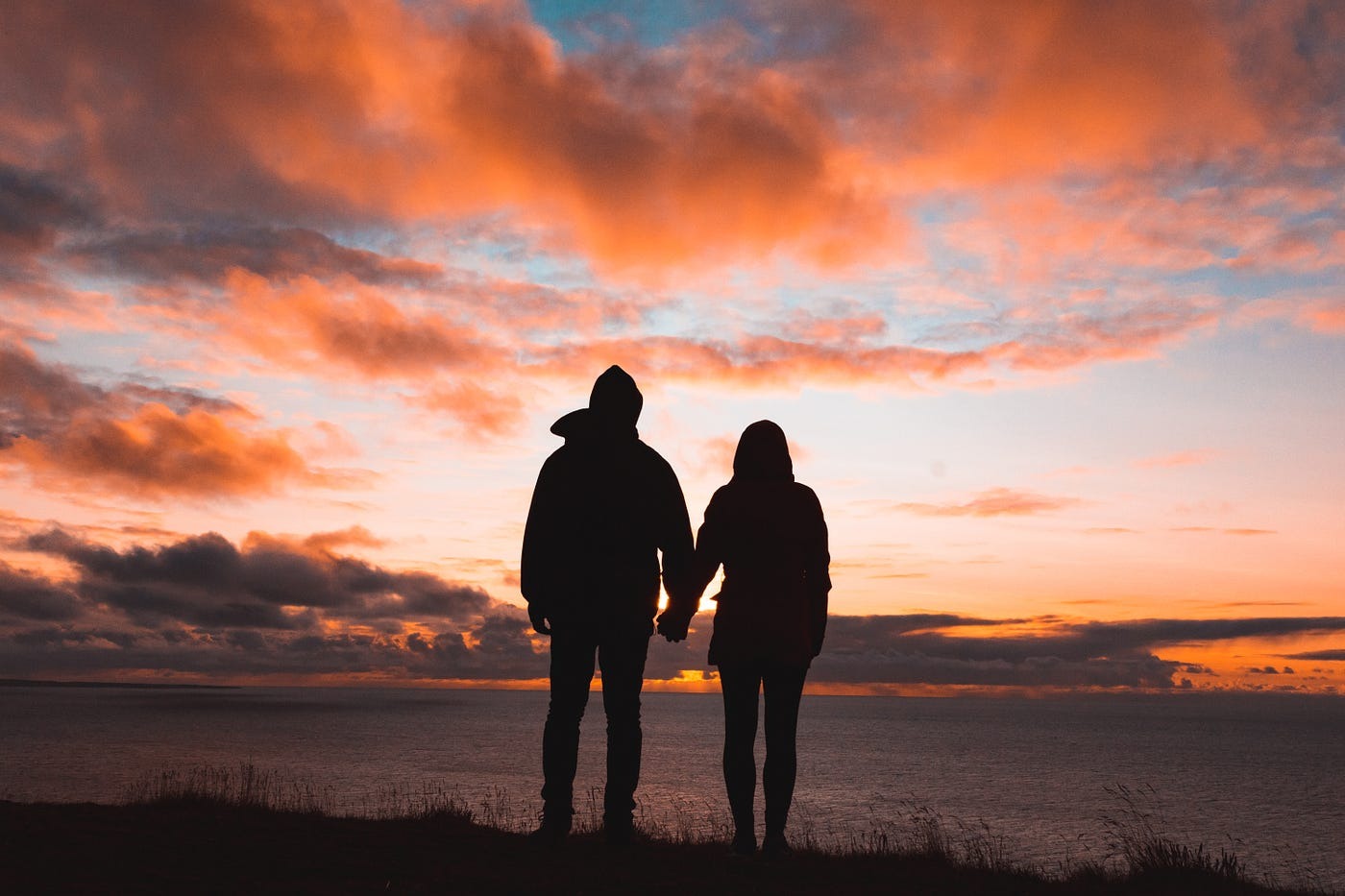Leisure is an essential component of human life that has evolved over time. From the ancient world to the modern day, how we spend our free time has significantly impacted both our mental and physical well-being. This article delves into the concept of leisure, its benefits, and why it is critical for overall happiness and life satisfaction. Whether it’s through hobbies, travel, or simply relaxing, leisure plays a pivotal role in maintaining a balanced lifestyle.
What is Leisure?
Leisure can be defined as the time when an individual is not occupied with work, chores, or obligations. It is the period of freedom from responsibilities where people engage in activities of their own choosing. These activities are generally undertaken for relaxation, enjoyment, and personal growth, providing individuals with opportunities to refresh and rejuvenate.
The Evolution of Leisure Time
In ancient times, leisure was often reserved for the elite, particularly the upper class who could afford to take time off from work. In early societies, the labor of farming and survival meant that free time was scarce. However, with the advent of industrialization and technological advancements, society began to shift towards a more structured work-life balance, offering more opportunities for leisure for people across all social classes. Today, in many parts of the world, leisure time is considered a right and an essential part of life, not only for relaxation but also for pursuing personal interests and hobbies.
The Psychological Benefits of Leisure
Leisure activities contribute significantly to an individual’s mental health and psychological well-being. Time spent away from work or routine responsibilities helps people unwind, reduce stress, and prevent burnout.
Stress Reduction
Engaging in leisure activities can help reduce cortisol levels in the body, the hormone associated with stress. Whether through physical activities like sports, or more relaxing activities like reading or painting, taking part in leisure can allow the body and mind to recover from the pressures of daily life. This leads to improved emotional regulation, decreased anxiety, and an enhanced mood overall.
Improved Mental Health
Leisure activities are often linked with mental health benefits such as reducing depression and anxiety. They provide an outlet for self-expression and allow individuals to engage in activities that make them happy. Social leisure activities, such as spending time with friends or attending social gatherings, help build and maintain relationships, which are vital for emotional support. Participating in creative activities such as music, arts, or writing has also been shown to have therapeutic effects, improving cognitive function and boosting self-esteem.
The Physical Health Benefits of Leisure
While leisure is often thought of in terms of mental relaxation, many leisure activities also have significant physical benefits. Engaging in physical exercise, such as swimming, hiking, or dancing, not only improves cardiovascular health but also promotes overall physical well-being.
Encouragement of Physical Activity
Leisure time provides the perfect opportunity for individuals to engage in physical activities they enjoy. Unlike the pressure of daily fitness routines, leisure activities allow individuals to move their bodies in a way that feels natural and fun. Regular physical activity, whether it’s taking a walk, riding a bike, or playing a sport, can reduce the risk of chronic diseases, improve muscle strength, and enhance cardiovascular health.
Better Sleep and Relaxation
Engaging in relaxing leisure activities before bedtime, such as reading or meditative practices like yoga, can promote better sleep quality. Physical activities, in particular, have been shown to regulate the body’s internal clock, ensuring that individuals fall asleep faster and enjoy deeper sleep cycles. Leisure provides a crucial counterbalance to the stress and physical demands of daily work, helping the body achieve the necessary rest it needs to function optimally.
The Social Importance of Leisure
Leisure is not just a solo activity; it has profound social implications. Social leisure activities, such as attending parties, joining clubs, or spending time with family and friends, help people forge stronger connections with those around them.
Building Social Connections
Leisure activities provide an opportunity to interact with others, build relationships, and strengthen social bonds. Shared experiences, such as a weekend getaway with friends or participating in a hobby group, create memories that foster deeper connections. These interactions also provide a sense of belonging and community, both of which are vital for overall happiness and personal well-being.
Reducing Loneliness
For many individuals, especially those living alone or experiencing life transitions, leisure can help combat loneliness. By engaging in group activities, taking part in social clubs, or volunteering, individuals can develop a support network of like-minded people. These social ties act as a buffer against feelings of isolation, ensuring that individuals have a sense of social connectivity that contributes positively to their mental health.
Learning and Skill Development
Leisure activities often encourage personal growth and development, enabling individuals to explore new interests, hone their skills, and discover new passions.
Leisure time allows people to invest in learning new things, whether it’s acquiring a new language, learning how to cook, or picking up a musical instrument. These activities not only enrich personal lives but can also contribute to career development. The sense of achievement that comes from mastering a new skill or hobby can enhance self-esteem and boost confidence.
Exploring Creative Passions
Many individuals use their leisure time to express themselves creatively. Hobbies like painting, writing, photography, or crafting offer a therapeutic outlet for personal expression. Engaging in these creative pursuits provides a sense of accomplishment, nurtures creativity, and can even lead to the development of new artistic talents. Furthermore, these hobbies can serve as a meaningful way to pass time while providing individuals with a source of joy and satisfaction.
Leisure and Travel
Travel is one of the most popular forms of leisure activity, offering individuals the opportunity to explore new cultures, landscapes, and experiences. Whether it’s a short weekend trip or an international vacation, travel allows people to break free from their routine, experience new perspectives, and deepen their understanding of the world around them.
Cultural Enrichment
Travel introduces people to different cultures, broadening their horizons and fostering a deeper appreciation for diversity. It provides a platform for learning about history, art, food, language, and traditions, all of which enrich the human experience. Traveling also allows individuals to form connections with people from different backgrounds, further enhancing their social understanding and empathy.
Relaxation and Renewal
Travel is often associated with relaxation, whether it’s a beach vacation, a mountain retreat, or a visit to a peaceful countryside. Time away from the daily grind gives people the chance to disconnect from their usual stresses and enjoy a slower pace of life. This relaxation can be immensely rejuvenating and help people return to their routine feeling refreshed and recharged.
Conclusion
Leisure is not just about taking a break from work or fulfilling a basic need for rest; it is a cornerstone of well-being. Whether through physical activities, creative pursuits, or social interactions, leisure has significant psychological, physical, and social benefits that contribute to a balanced and fulfilling life. Engaging in leisure activities allows individuals to reduce stress, improve their mental and physical health, foster personal growth, and build meaningful relationships. It is essential for personal happiness and should be valued as a vital aspect of a healthy lifestyle.



